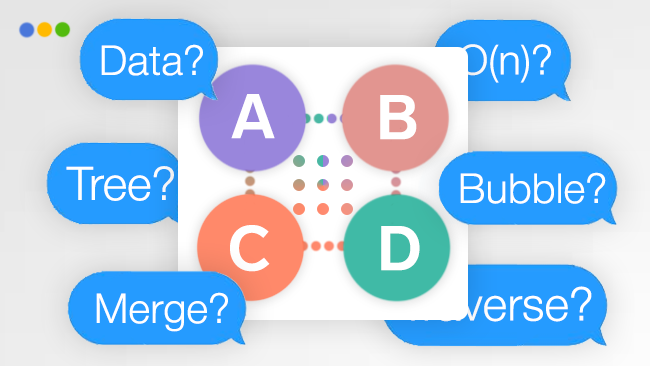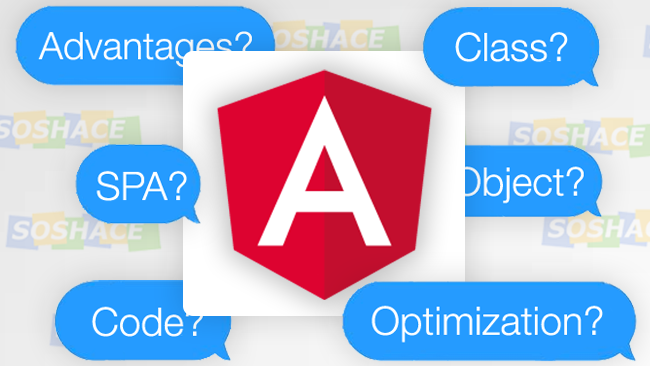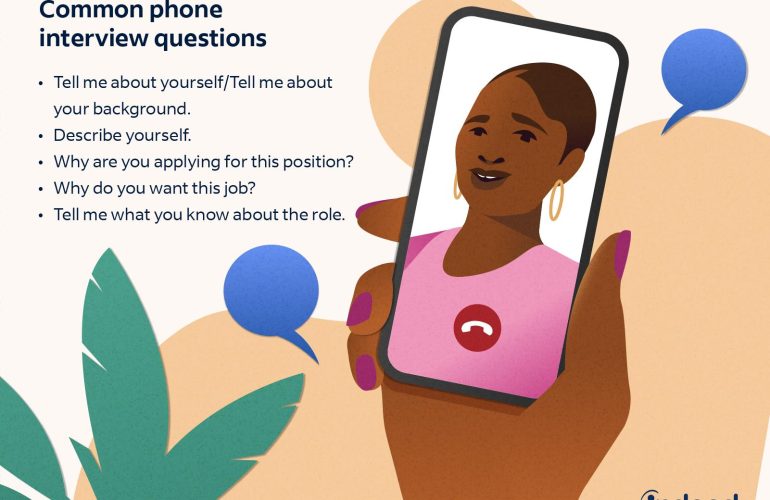In the competitive landscape of today’s job market, securing a second interview is a significant milestone that indicates a heightened level of interest from potential employers. As candidates progress through the hiring process, the second interview often serves as a critical evaluation stage, where decision-makers assess not only qualifications but also cultural fit and alignment with organizational values. This article outlines essential strategies for candidates aiming to excel in their second interview, emphasizing the importance of thorough preparation, effective communication, and strategic engagement. By leveraging these targeted approaches, candidates can enhance their performance and position themselves as standout applicants who are not merely qualified, but also uniquely suited for the role and the organization. Embracing these strategies can transform the second interview from a routine formality into a decisive opportunity for career advancement.
Table of Contents
- Preparation Techniques for Comprehensive Second Interview Success
- Demonstrating Cultural Fit Through Targeted Responses
- Enhancing Interpersonal Skills to Build Rapport with Interviewers
- Leveraging Feedback from Initial Interviews for Continuous Improvement
- Wrapping Up
Preparation Techniques for Comprehensive Second Interview Success
To enhance your performance in a second interview, start by reviewing the notes you took during your first meeting. Pay particular attention to the questions you were asked and the topics that sparked interest from your interviewers. This insight allows you to tailor your responses effectively. Additionally, research the company’s recent developments and industry news to demonstrate your proactive interest in their evolving landscape. Here are some critical elements to focus on:
- Company Culture: Understand their values and mission statement.
- Role-Specific Skills: Brush up on the technical skills relevant to the position.
- Behavioral Questions: Prepare to discuss past experiences using the STAR method (Situation, Task, Action, Result).
Moreover, practice your responses to common second interview questions, as these tend to delve deeper into your qualifications and fit within the team. Engaging in mock interviews can be beneficial; consider asking a friend or mentor for feedback. To keep your prep organized, use the table below to outline your practice questions and key talking points:
| Question | Key Points |
|---|---|
| What motivates you in a workplace? | Highlight team collaboration and professional growth. |
| How do you handle conflict? | Discuss resolution strategies and maintaining professionalism. |
| Where do you see yourself in five years? | Align your goals with the company’s growth trajectory. |
Demonstrating Cultural Fit Through Targeted Responses
In a second interview, the ability to align your values and work style with those of the organization can significantly elevate your candidacy. To effectively demonstrate this fit, tailor your responses to reflect the company’s mission and culture. Conduct thorough research on the organization’s core values by reviewing their website, social media presence, and recent news articles. During the interview, you can use specific anecdotes that highlight similar principles in your experiences. For example, if teamwork is a key characteristic of the company’s culture, share a situation where you successfully collaborated with a diverse team to achieve a common goal. This targeted approach not only showcases your compatibility but also reinforces your genuine interest in the role.
Utilize the STAR (Situation, Task, Action, Result) method to structure your answers, making sure to emphasize attributes that resonate with the company’s environment. Consider the following strategies while preparing your examples:
- Reflect the Company Culture: Incorporate language and attributes that mirror the organization’s values.
- Show Adaptability: Highlight instances where you’ve embraced change or learned from challenges, aligning with the company’s growth mindset.
- Exhibit Enthusiasm: Communicate your passion for the industry or role, ensuring it resonates with their vision.
By combining your well-crafted stories with an understanding of the company’s mission, you’ll present as not only a qualified candidate but also as a potential cultural ambassador. Engage actively in the conversation, demonstrating your ability to not just work at the company but to thrive within its unique framework.
Enhancing Interpersonal Skills to Build Rapport with Interviewers
Building a genuine connection with your interviewers goes beyond simply answering questions correctly; it’s about creating a rapport that fosters trust and understanding. To achieve this, actively listen to their concerns, making sure to engage with their prompts and reflect back what you hear. This not only demonstrates that you value their input but also allows you to tailor your responses more effectively. Additionally, incorporating positive body language can significantly enhance your presence. Maintain eye contact, nod in agreement, and use open gestures to convey confidence and openness, which can subconsciously put your interviewers at ease.
Another vital component of establishing rapport is to find common ground with your interviewers. This can be achieved by researching their backgrounds or the company’s culture beforehand. During the conversation, identify shared interests or experiences, which can create a more personal bond. Consider using the following strategies to deepen your connections:
- Ask insightful questions that relate to their experiences, inviting them to share their stories.
- Utilize humor appropriately to create a relaxed atmosphere, but ensure it aligns with the company’s values.
- Be authentic; allow your personality to shine through, demonstrating that you are not just a candidate but a potential colleague.
Leveraging Feedback from Initial Interviews for Continuous Improvement
Gathering and analyzing feedback from your initial interviews can serve as a powerful catalyst for improvement and strategy refinement. Start by conducting a self-assessment to identify your own perceptions of the interview process. Create a list of areas where you believe you excelled and others where you faced challenges:
- Strengths: Communication clarity, confidence, technical knowledge.
- Challenges: Time management, specific question responses, engagement level.
Following this self-reflection, reach out to any contacts within the company who may provide insights from the interviewers’ perspectives. Use this information to shape your preparation for the second interview. A structured approach can help ensure you’re addressing the feedback effectively. Here’s a simple table to help you organize these insights:
| Feedback Category | Improvement Strategy |
|---|---|
| Communication | Practice articulating your thoughts with a mock interviewer. |
| Technical Knowledge | Review key topics and prepare clarifying examples. |
| Engagement | Incorporate active listening and ask insightful questions. |
Wrapping Up
excelling in your second interview requires a blend of thorough preparation, self-awareness, and strategic communication. By implementing the essential strategies outlined in this article—such as conducting in-depth company research, articulating your unique value proposition, and engaging in reflective practice—you can significantly enhance your candidacy. Remember, the second interview is not just an evaluation; it is also an opportunity to further demonstrate your fit within the organization and to clarify any remaining questions from your initial meeting.
As you approach your second interview, maintain a proactive mindset and remain adaptable to the evolving dynamics of the conversation. Showing genuine enthusiasm for the role and the organization can further set you apart from other candidates. With these techniques in hand, you are well-equipped to make a lasting impression and move toward securing your desired position. Prepare diligently, approach each interaction with confidence, and leverage every opportunity to showcase your capabilities. Your success in this critical stage of the hiring process can pave the way for a rewarding career trajectory.






